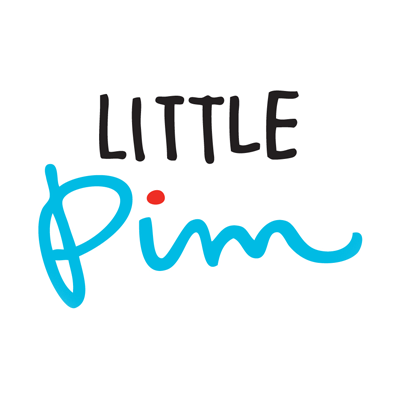Hearing Bilingual - the benefits of foreign language learning for young kids
The New York Times published an article entitled: "Hearing Bilingual: How Babies Tell Language Apart." The demand for foreign language education programs is growing among parents who realize both the cognitive and social benefits of their children growing up multilingual. In a new study, researchers at the University of Washington measured the electrical brain responses of "monolingual" infants (those from homes where one language is was being spoken) against those from bilingual households. The New York Times reported on the results:
"...the researchers found that at 6 months, the monolingual infants could discriminate between phonetic sounds, whether they were uttered in the language they were used to hearing or in another language not spoken in their homes. By 10 to 12 months, however, monolingual babies were no longer detecting sounds in the second language, only in the language they usually heard."
Over the past decade, Dr Ellen Bialystok, a distinguished research Professor of Psychology at York University in Toronto, has shown that bilingual children develop crucial skills in addition to their double vocabularies, learning different ways to solve logic problems or to handle multitasking, skills that are often considered part of the brain’s so-called executive function.
These higher-level cognitive abilities are localized to the frontal and prefrontal cortex in the brain. “Overwhelmingly, children who are bilingual from early on have precocious development of executive function,” Dr. Bialystok said.
Little Pim allows families, even families who are not bilingual, to do this easily.
Read the entire article: http://www.nytimes.com/2011/10/11/health/views/11klass.html?_r=1&smid=fb-nytimes
Were you exposed to multiple languages as a child? We'd love to hear your stories!


